Please Note: The following list of books is not organized according to any personal hierarchy of the relative value of each individual book. Rather it is a list that seriously considers ALL of the books listed here to be of equal intellectual and cultural value and interest, albeit for different reasons. The bottomline on this list is that each one of these books is extraordinary and invaluable in their own right and represents some of the very best writing published in the United States in 2020.
--Kofi Natambu, Editor
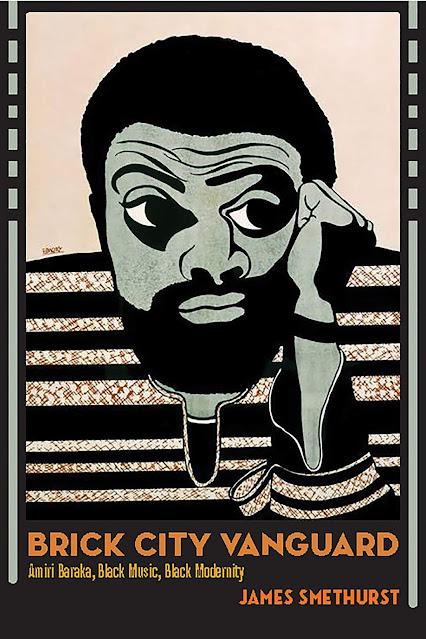
Brick City Vanguard:
Amiri Baraka, Black Music, Black Modernity
by James Smethurst
University Of Massachusetts Press, 2020
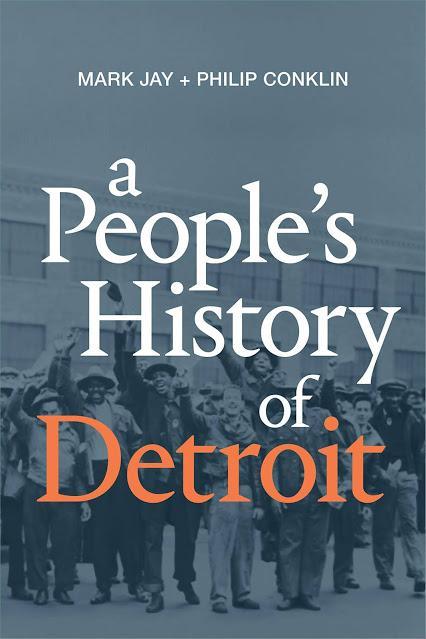
A People's History of Detroit
by Mark Jay and Phillip Conklin
Duke University Press, 2020

The Essential Clarence Major: Prose & Poetry
by Clarence Major
The University of North Carolina Press, 2020

From Here To Equality:
Reparations For Black Americans in
the Twenty-First Century
by William A. Darity, Jr. & A. Kirsten Mullen
The University of North Carolina Press, 2020
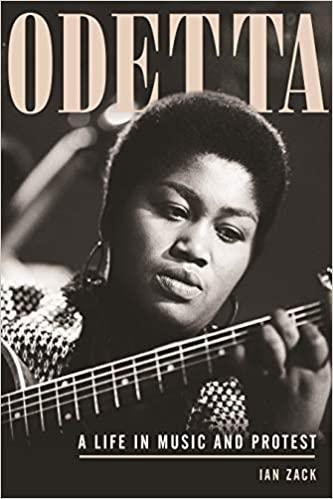
Odetta: A Life in Music and Protest
by Ian Zack
Beacon Press, 2020

Surviving Autocracy
by Masha Gessen
Riverhead Books, 2020
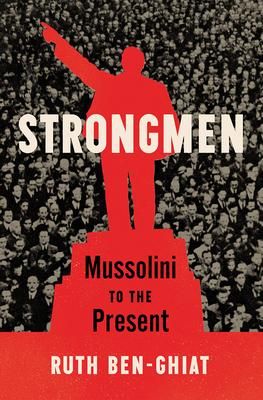
Strongmen: Mussolini To The Present
by Ruth Ben-Ghiat
W.W. Norton & Company, 2020
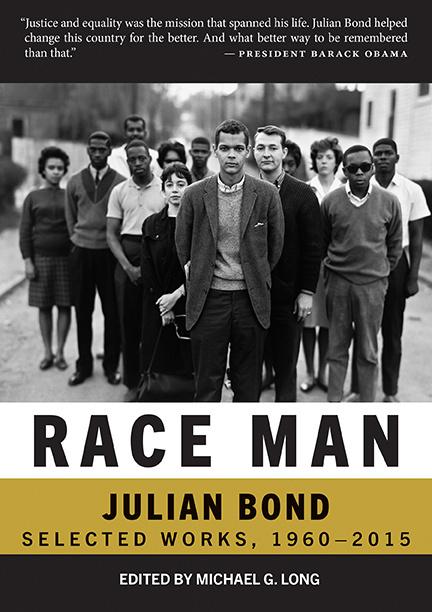
Race Man: Selected Works, 1960-2015
by Julian Bond
(Edited by Michael G. Long)
City Lights Books, 2020
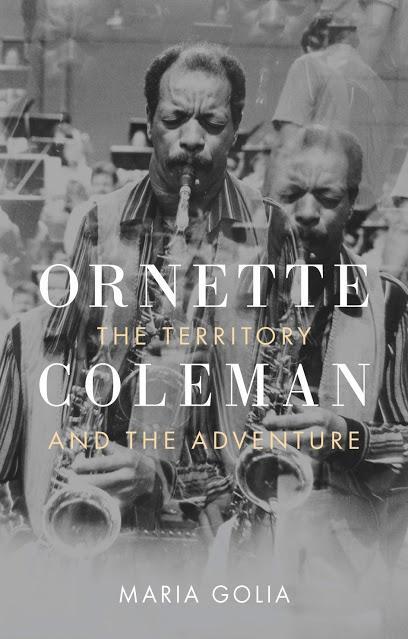
Ornette Coleman:
The Territory and the Adventure
by Maria Golia
Reaktion Books, 2020
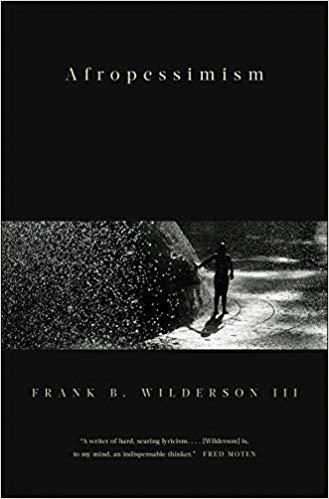
Afropessimism
by Frank B. Wilderson III
Liveright, 2020
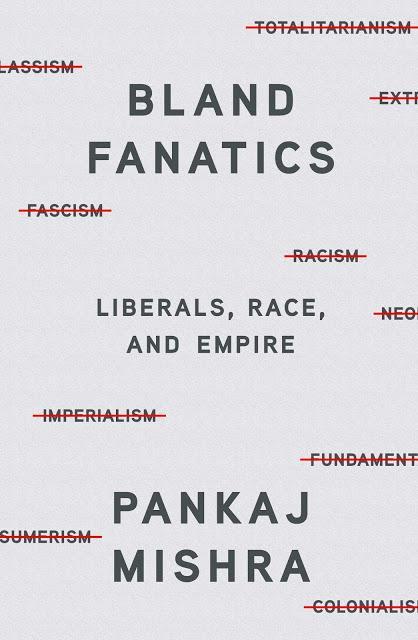
Bland Fanatics: Liberals, Race, and Empire
by Pankaj Mishra
Farrar, Straus and Giroux
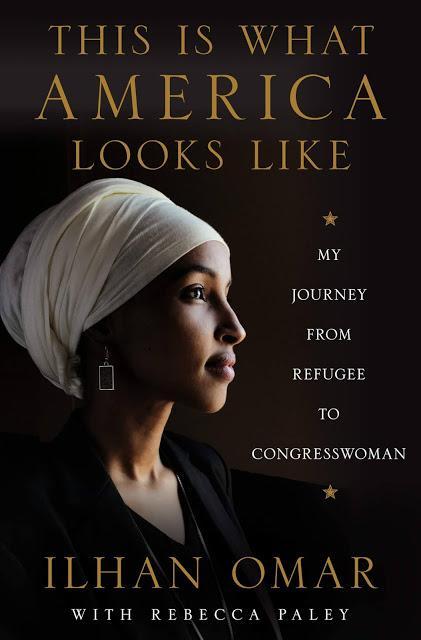
This is What America Looks Like:
My Journey From Refugee To Congresswoman
by Ilhan Omar
Dey Street Books, 2020
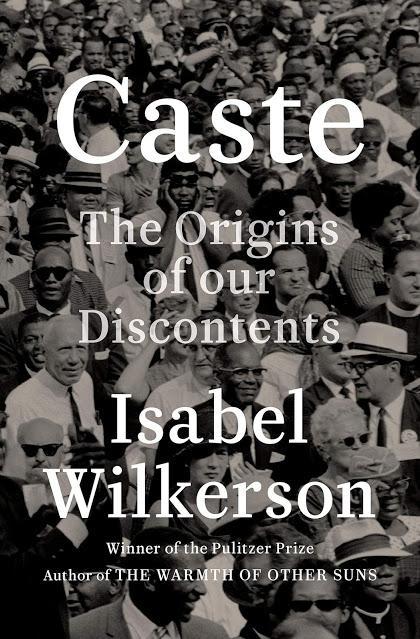
Caste: The Origins Of Our Discontents
by Isabel Wilkerson
Random House, 2020
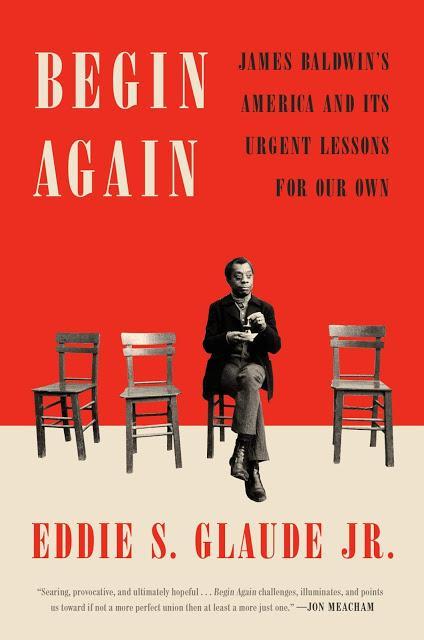
Begin Again:
James Baldwin's America And Its Urgent Lessons
For Our Own
by Eddie Glaude, Jr.
Crown Books, 2020
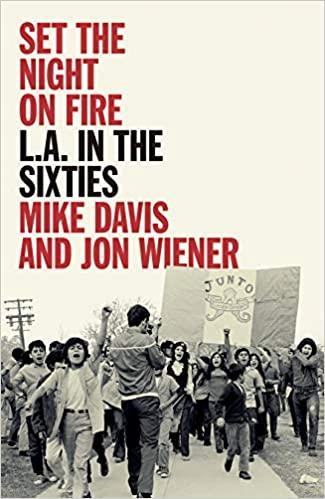
Set The Night On Fire: L.A. In The Sixties
by Mike Davis & Jon Wiener
Verso, 2020

We Are Not Here To Be Bystanders
by Linda Sarsour
37 INK (an imprint of Simon and Schuster), 2020

Separated: Inside An American Tragedy
by Jacob Soboroff
Custom House, 2020
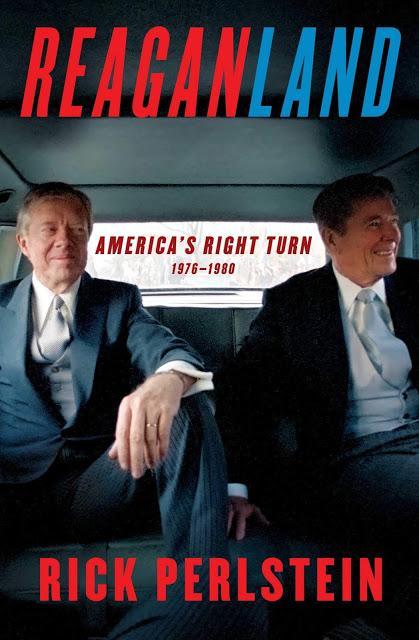
ReaganLand: America's Right Turn: 1976-1980
by Rick Pearlstein
Simon and Schuster, 2020
Full Dissidence:
Notes From An Uneven Playing Field
by Howard Bryant
Beacon Press, 2020
African American Poetry:
250 Years of Struggle and Song
Edited by Kevin Young
The Library of America, 2020
HONORABLE MENTIONS:

The Fascism This Time and the Global Future of
Democracy
by Theo Horesh
Cosmopolis Press, 2020

Hiding in Plain Sight:
The Invention of Donald Trump and the Erosion
of America
by Sarah Kendzior
Flatiron Books, 2020

The Purpose of Power:
How We Come Together When We Fall Apart
by Alicia Garza
One World, 2020

Hatemonger:
Stephen Miller, Donald Trump, and the
White Nationalist Agenda
by Jean Guerrero
William Morrow, 2020

Black Power Afterlives:
The Enduring Significance of the
Black Panther Party
Edited by Diane C. Fujino and Matef Harmachis
Haymarket Books, 2020

American Oligarchs:
The Kushners, the Trumps, and the Marriage of
Money and Power
by Andrea Bernstein
W.W. Norton and Company, 2020
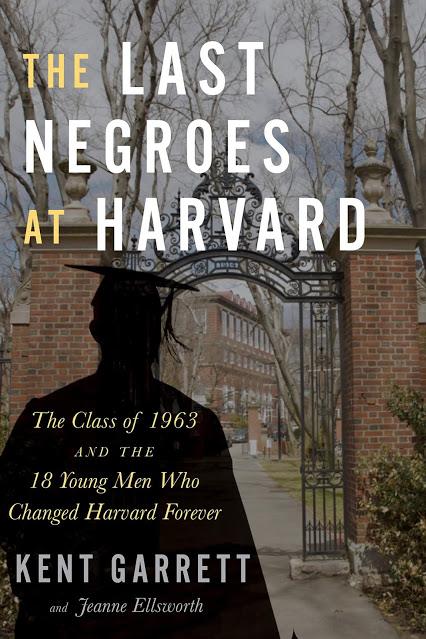
The Last Negroes At Harvard:
The Class of 1963 and the 18 Young Men Who
Changed Harvard Forever
by Kent Garrett and Jeanne Ellsworth
Houghton Mifflin Harcourt, 2020

Donald Trump v. The United States:
Inside the Struggle To Stop A President
by Michael S. Schmidt
Random House, 2020

Dorothy Day:
Dissenting Voice of the 20th Century
by John Loughery and Blythe Randolph
Simone and Schuster, 2020

Those Who Know Don't Say:
The Nation of Islam, the Black Freedom
Movement, and the Carceral State
by Garrett Felber
The University of North Carolina Press, 2020






















